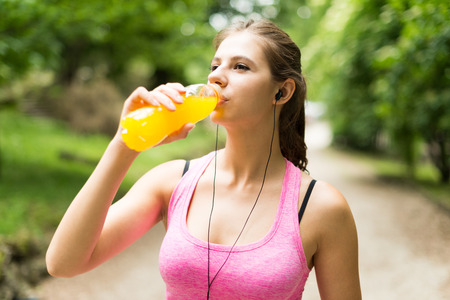Note that your final mark will not be saved in the system.
Energy use, diet, nutrition and hydration GapFill
You must fill all the gaps before clicking ‘Check Answers!’

Dehydration is the loss of fluids from the body, which impairs the body’s ability to function. To prevent dehydration, must take place with the aim of maintaining a water by replenishing lost fluids by drinking.
Dehydration occurs in sport via sweating, as the body tries to cool itself, and thus it is important to remain hydrated. Hydration is important at all times when exercising, but there are times when hydration is key to successful participation. When temperatures are high and is low, water evaporates more easily into the atmosphere. This means you are more likely to lose water through sweating. Additionally, an increase in of exercise (i.e. how hard you work) and duration of exercise will often lead to an increased temperature and an increase in water loss.
If dehydration does occur, there are several effects that will be experienced. Increased (thickness) of the blood will occur due to the water loss from the plasma (which makes up 55% of total blood composition). This in turn will increase , as the heart has to work harder to pump the thicker blood around the body. There may also be an increase in , which may cause overheating. The lack of oxygen being delivered due to the slow in blood flow may also lead to muscle fatigue and in the muscles. Dehydration is also known to lead to slower reactions and impaired decision-making ability.